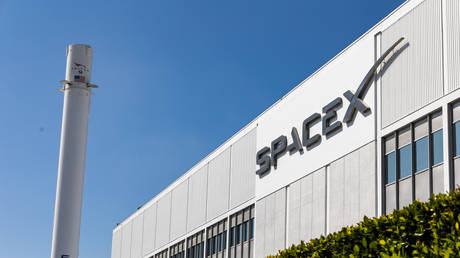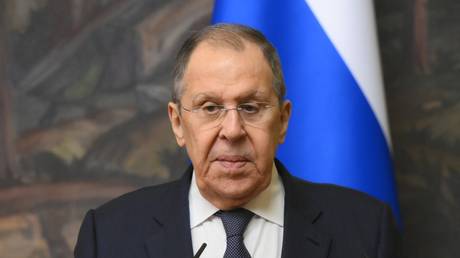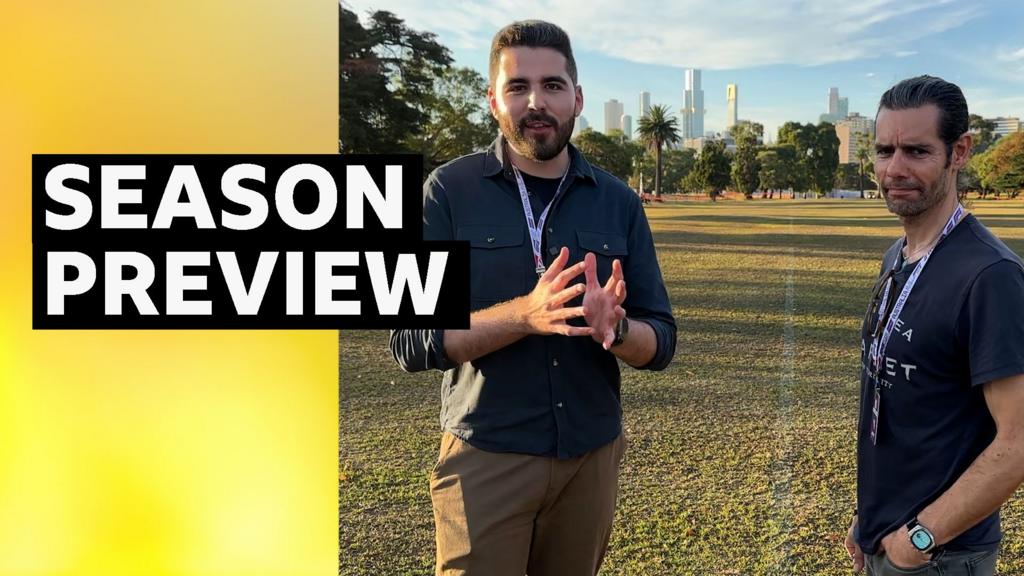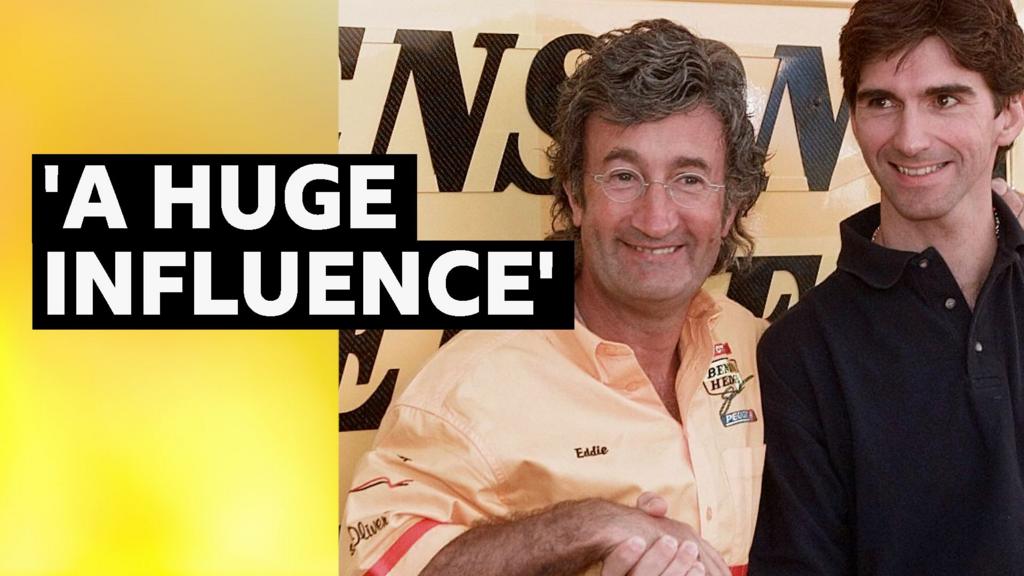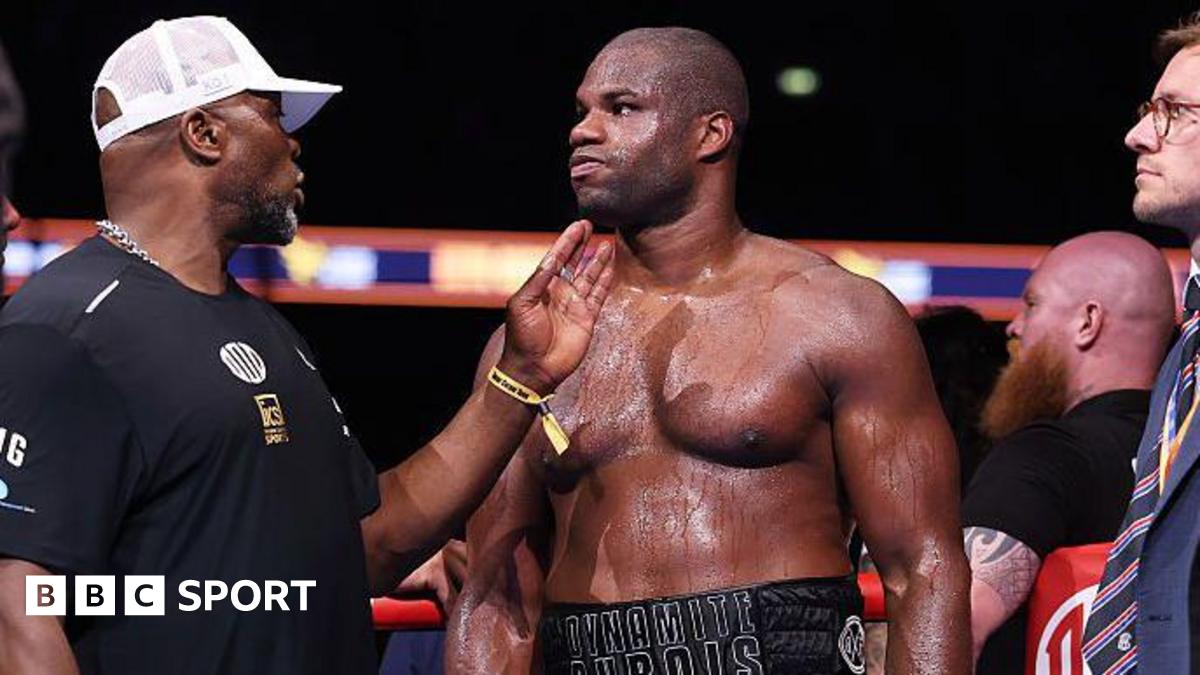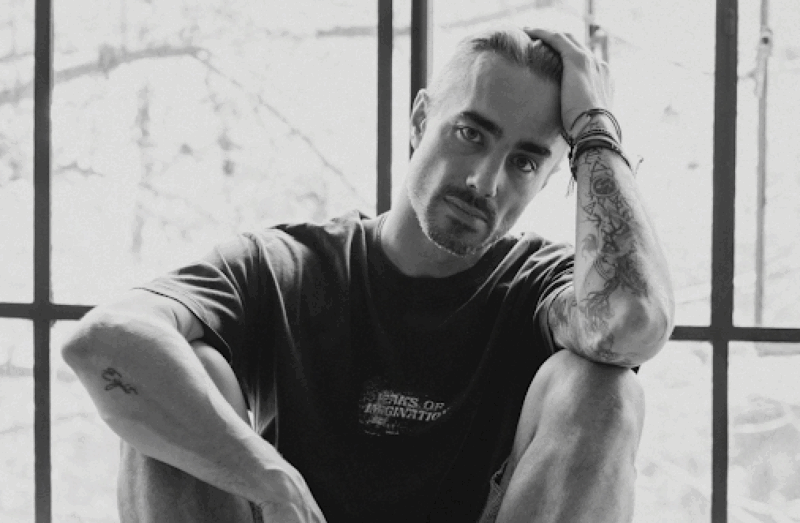Bolt CEO Ryan Breslow was a progressive workplace innovator. Now he’s axing it all

The founder of financial technology startup Bolt is back at the helm of the company—and he’s been busy. Ryan Breslow originally made a name for himself by implementing progressive HR policies such as unlimited paid time off (PTO) and a four-day workweek. However, in 2022 Breslow left Bolt surrounded by a flurry of controversy, including a plan to loan employees money to buy stock options. Since returning, he’s been dismantling all the policies that put him on the map as a young CEO, writing that his PTO stance “sounds progressive, but it’s totally broken.”
In this exclusive interview with Fast Company, the 31-year-old entrepreneur explains how the changes fit into his culture overhaul at Bolt. Paid subscribers will learn:
- What he discovered about unlimited PTO that led him to change the policy
- The mistaken assumption employees made about the four-day workweek
- Where HR was “misaligned” with Breslow’s business goals and why people ops isn’t
- Why Breslow feels “better than ever” about the workplace culture he’s creating
This interview has been edited and condensed for clarity.
Let’s start with unlimited PTO. You said the bad employees take too much and the good ones don’t take enough. How did you arrive at that conclusion?
I just took over the company and I’ve been doing a lot of work assessing what is going on at the ground floor: How do we drive performance improvement? How do we drive a higher clip of execution? The first thing I noticed was that even though we [had] unlimited PTO, our A performers weren’t taking it. Even I was taking time off, because we were running really hard. I found myself having to have conversations with our A players, saying, “You need to take time off.” And then I saw that our B players, they were taking time off. Clearly, something was wrong, and I wanted to come up with a way to resolve that. (Editor’s note: The company’s current policy is a mandatory four weeks of PTO.)
And you also got rid of the four-day workweek?
Yes. It was a good experiment. The premise wasn’t what most people thought: It was to work extremely hard for four days, and then take three days off. It wasn’t just working 20% less. It was working the same amount in four days. But in reality, we realized we need to work Fridays, too. There’s a reason the five-day workweek has become a norm. We’re just in a place right now where we need to pick up the pace and work faster and more intensely than we ever have before. We don’t have the luxury of taking a day off per week. (Editor’s note: Bolt clarified that the policy had already been “winding down across most teams,” but that Breslow officially ended it upon his return.)
Did you get any pushback about ending the four-day workweek or unlimited PTO?
I didn’t get any pushback on reversing the four-day workweek. I think people generally understood that we have a lot of catching up to do as a business. This may be a little biased, but without me being there, we didn’t grow as much as we should have, which is why I’m back. I think everyone understood why we went back to a five-day workweek.
In regards to unlimited PTO, I think this is actually the most well-received people-related, culture-related move I’ve ever made. We had overwhelming, positive feedback from employees.
Can we also talk about replacing HR with people ops? Aside from the name, how is it truly different?
People ops is focused on pushing the business forward. It’s focused on streamlining operations. They have objectives around making the company go faster. HR is much more misaligned with the business’s speed and growth and execution, and has developed a culture—in my opinion—of being comfortable not doing much. We still care about giving folks a place where they can go to raise issues. We still care about fostering a healthy and productive and collaborative workplace, and [employees] can still go to people ops for that, but they’re talking to folks who are more proactive, more operationally driven, more solution-driven.
I think naming matters. When the stigma of a certain title can get in the way of that function performing the way we want it to perform, then sometimes you do have to rename a thing. Bolt is named Bolt because we’re lightning fast. Sometimes getting the name right has a big impact on the energy that the team absorbs.
Are there any examples of operations that were eliminated from HR or is it really about this mindset shift?
We did part ways with some folks who we didn’t think represented people ops and represented the HR energy. They weren’t moving fast. They weren’t operationally focused. They were taking too long to implement changes. We kept the ones who were aligned with the people ops vision, energy, and objectives.
How do all these workplace changes fit into the larger picture of what you’re trying to do at Bolt?
We’re trying to create a win-win culture where teammates feel empowered . . . to be all-in and work really hard. They feel empowered to take the time off they need. Where the business moves forward, where we don’t get stuck in the mud, where we have solution-oriented, future-oriented teams focused on pace and execution. I’ve done a lot of experimenting with culture and I really think we’re landing on a model that I feel better about than ever.
How does that culture affect your talent pool?
We have way more folks interested in joining than we could possibly hire. We have no talent problem. We’ve got a lot of old Bolters who have been pinging us to rejoin. We have people who were there during the three years I was gone saying, “Why wasn’t Bolt’s energy like this when I was there?” We don’t have a talent problem. People are really fired up about the culture.
What's Your Reaction?
 Like
0
Like
0
 Dislike
0
Dislike
0
 Love
0
Love
0
 Funny
0
Funny
0
 Angry
0
Angry
0
 Sad
0
Sad
0
 Wow
0
Wow
0





